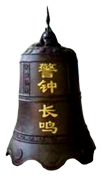|
杨俊起
杨俊起,河北 沧州人,曾任我班生活委员。 毕业后分配到北京公安部。 后因家庭原因申请调回老家的沧州师专任教。 古董及世界货币收藏专家。
  
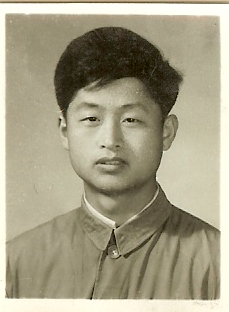
杨俊起 1965
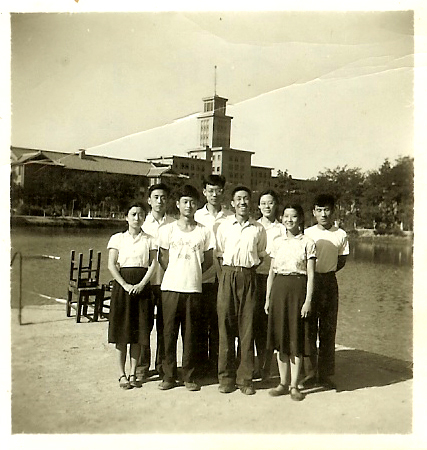
分组毕业照前排左起第二人为杨俊起 1965

俊起于2005年11月9日寄给高东山的。
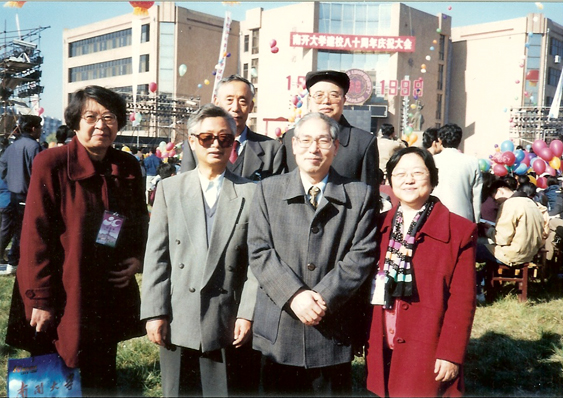
前排左起第二人为杨俊起 1999,天津
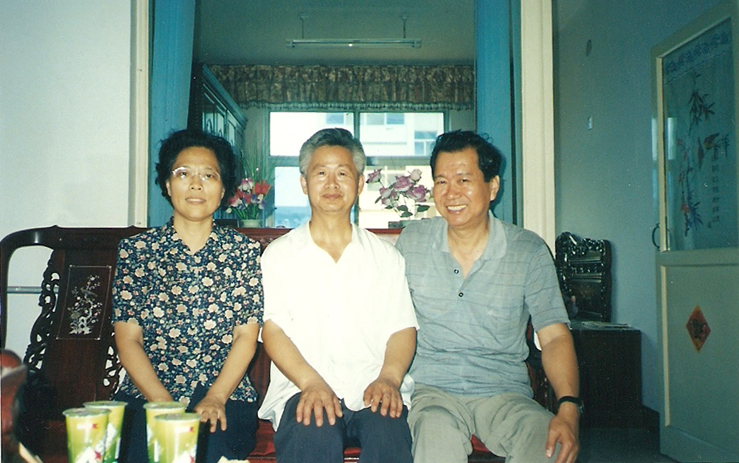
王蕴茹杨俊起常耀信,2001年7月8日于杨俊起家
 杨俊起给高东山的两封来信 杨俊起给高东山的两封来信
 杨俊起保存收藏的我班全班同学1964年的粮食定量表: 杨俊起保存收藏的我班全班同学1964年的粮食定量表:
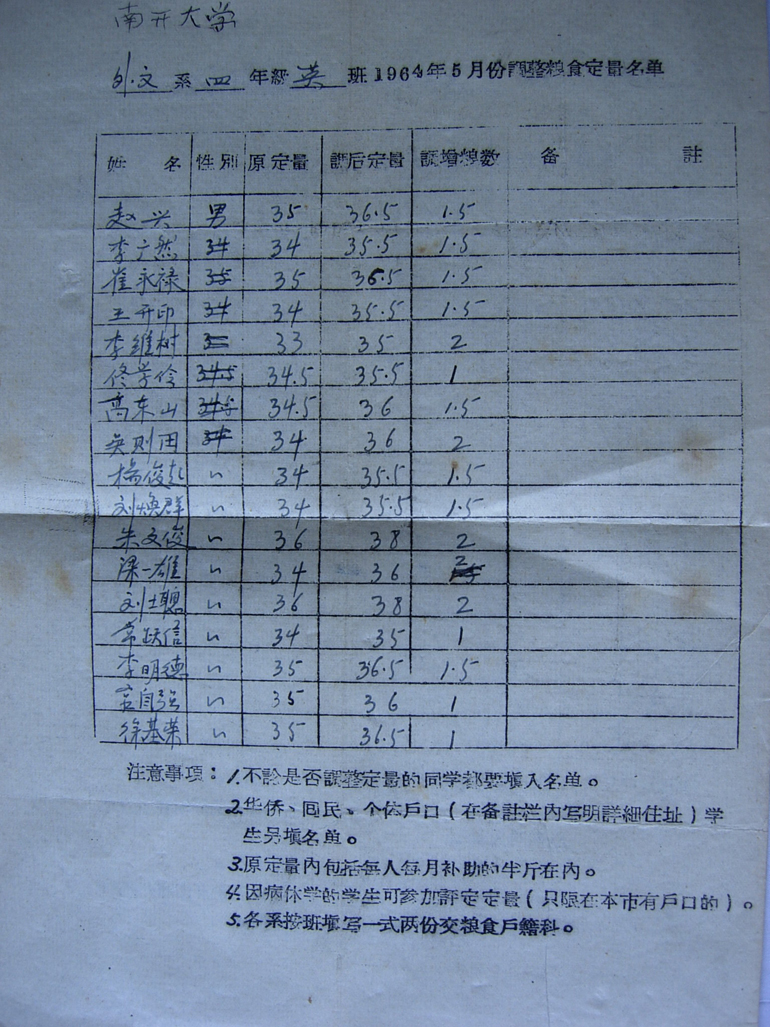
第一页
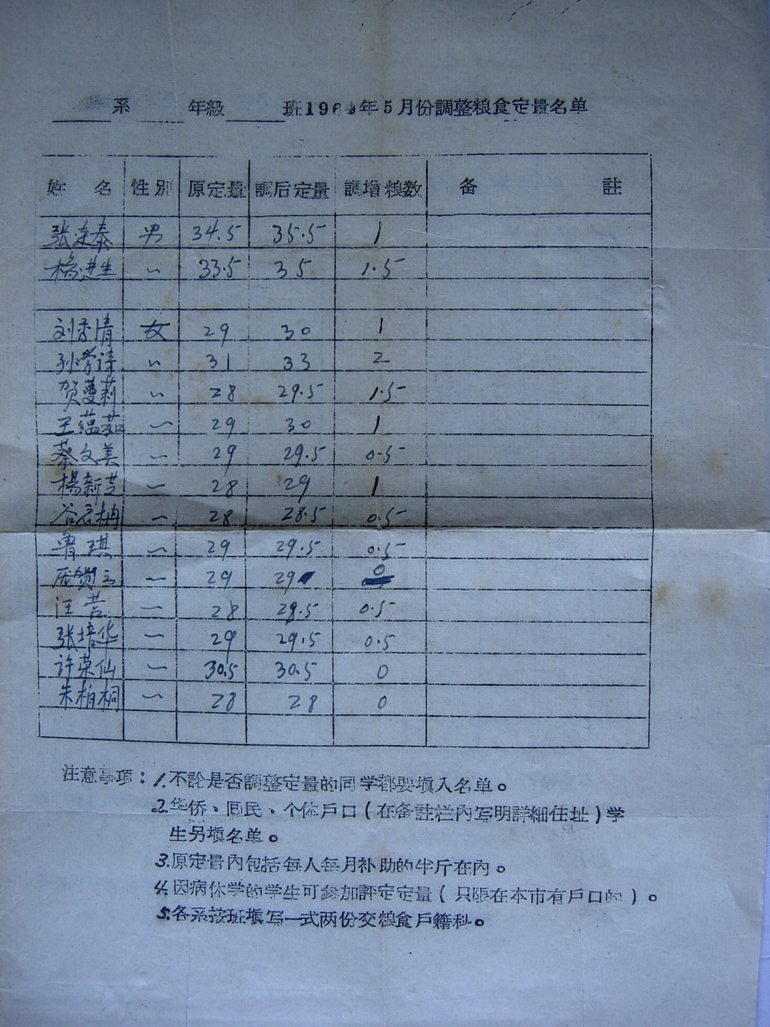
第二页
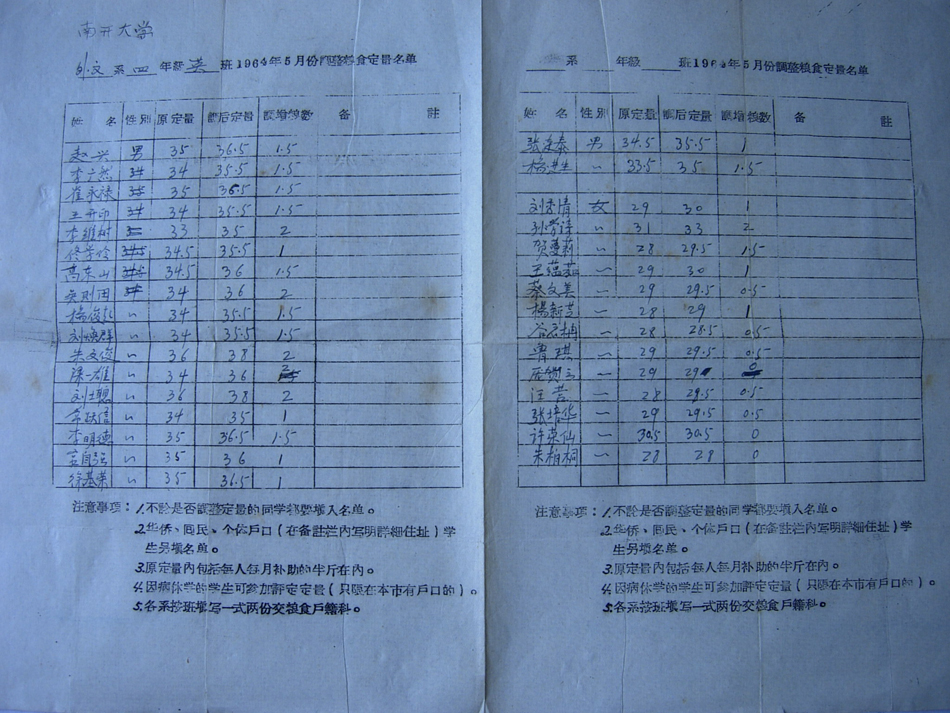
原件整页
编后:感谢俊起为我们保存下来这份珍贵民间文物。 这份文件见证了我们班,以致我们国家,是如何团结互助战胜困难的。那时人手一卡到食堂用餐。记忆中在困难时期的前期,粮食定量比较少,后来每年都长一点。到1964年已经基本上度过了困难时期,定量也足够了;食堂的伙食己经很好,记忆中的一大勺一份的肉片烧茄子特别香。
  
|
English Poet T. S. Eliot (1888-1965) |
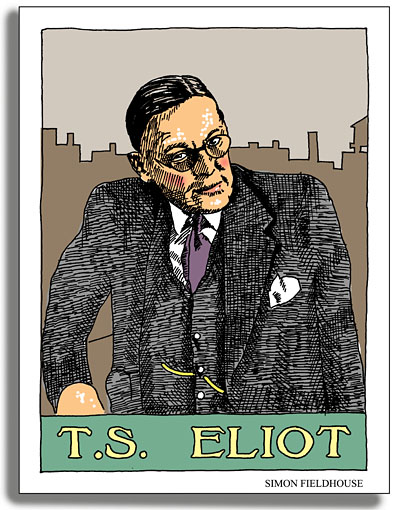
Drawing of T. S. Eliot by Simon Fieldhouse
(Copy right holder: Simon Fieldhouse. Official License.)
Thomas Stearns Eliot, (1888–1965), was a poet, playwright and literary critic. He received the Nobel Prize in Literature in 1948. Among his most famous writings are the poems The Love Song of J. Alfred Prufrock, The Waste Land, The Hollow Men, Ash Wednesday and Four Quartets; the plays Murder in the Cathedral and The Cocktail Party; and the essay "Tradition and the Individual Talent".
Eliot was born in the United States, moved to the United Kingdom in 1914 (at age 25), and became a British subject in 1927 at the age of 39. Of his nationality and its role in his work, Eliot said: "[My poetry] wouldn't be what it is if I'd been born in England, and it wouldn't be what it is if I'd stayed in America. It's a combination of things. But in its sources, in its emotional springs, it comes from America."
 
The Hippopotamus
by T.S. Eliot
- The broad-backed hippopotamus
- Rests on his belly in the mud;
- Although he seems so firm to us
- He is merely flesh and blood.
-
- Flesh-and-blood is weak and frail,
- Susceptible to nervous shock;
- While the True Church can never fail
- For it is based upon a rock.
-
- The hippo's feeble steps may err
- In compassing material ends,
- While the True Church need never stir
- To gather in its dividends.
-
- The 'potamus can never reach
- The mango on the mango-tree;
- But fruits of pomegranate and peach
- Refresh the Church from over sea.
-
- At mating time the hippo's voice
- Betrays inflexions hoarse and odd,
- But every week we hear rejoice
- The Church, at being one with God.
-
- The hippopotamus's day
- Is passed in sleep; at night he hunts;
- God works in a mysterious way--
- The Church can sleep and feed at once.
-
- I saw the 'potamus take wing
- Ascending from the damp savannas,
- And quiring angels round him sing
- The praise of God, in loud hosannas.
-
- Blood of the Lamb shall wash him clean
- And him shall heavenly arms enfold,
- Among the saints he shall be seen
- Performing on a harp of gold.
-
- He shall be washed as white as snow,
- By all the martyr'd virgins kist,
- While the True Church remains below
- Wrapt in the old miasmal mist.
|
Hysteria
by T.S. Eliot
- As she laughed I was aware of becoming involved
- in her laughter and being part of it, until her
- teeth were only accidental stars with a talent
- for squad-drill. I was drawn in by short gasps,
- inhaled at each momentary recovery, lost finally
- in the dark caverns of her throat, bruised by
- the ripple of unseen muscles. An elderly waiter
- with trembling hands was hurriedly spreading
- a pink and white checked cloth over the rusty
- green iron table, saying: "If the lady and
- gentleman wish to take their tea in the garden,
- if the lady and gentleman wish to take their
- tea in the garden ..." I decided that if the
- shaking of her breasts could be stopped, some of
- the fragments of the afternoon might be collected,
- and I concentrated my attention with careful
- subtlety to this end.
|
The Love Song Of J. Alfred Prufrock
by: T.S. Eliot
- Let us go then, you and I,
- When the evening is spread out against the sky
- Like a patient etherized upon a table;
- Let us go, through certain half-deserted streets,
- The muttering retreats
- Of restless nights in one-night cheap hotels
- And sawdust restaurants with oyster-shells:
- Streets that follow like a tedious argument
- Of insidious intent
- To lead you to an overwhelming question ...
- Oh, do not ask, "What is it?"
-
- Let us go and make our visit.
- In the room the women come and go
- Talking of Michelangelo.
-
- The yellow fog that rubs its back upon the window-panes,
- The yellow smoke that rubs its muzzle on the window-panes,
- Licked its tongue into the corners of the evening,
- Lingered upon the pools that stand in drains,
- Let fall upon its back the soot that falls from chimneys,
- Slipped by the terrace, made a sudden leap,
- And seeing that it was a soft October night,
- Curled once about the house, and fell asleep.
-
- And indeed there will be time
- For the yellow smoke that slides along the street,
- Rubbing its back upon the window-panes;
- There will be time, there will be time
- To prepare a face to meet the faces that you meet;
- There will be time to murder and create,
- And time for all the works and days of hands
- That lift and drop a question on your plate;
- Time for you and time for me,
- And time yet for a hundred indecisions,
- And for a hundred visions and revisions,
- Before the taking of a toast and tea.
-
- In the room the women come and go
- Talking of Michelangelo.
-
- And indeed there will be time
- To wonder, "Do I dare?" and, "Do I dare?"
- Time to turn back and descend the stair,
- With a bald spot in the middle of my hair--
- (They will say: 'How his hair is growing thin!")
- My morning coat, my collar mounting firmly to the chin,
- My necktie rich and modest, but asserted by a simple pin--
- (They will say: "But how his arms and legs are thin!")
- Do I dare
- Disturb the universe?
- In a minute there is time
- For decisions and revisions which a minute will reverse.
-
- For I have known them all already, known them all:
- Have known the evenings, mornings, afternoons,
- I have measured out my life with coffee spoons;
- I know the voices dying with a dying fall
- Beneath the music from a farther room.
- So how should I presume?
-
- And I have known the eyes already, known them all--
- The eyes that fix you in a formulated phrase,
- And when I am formulated, sprawling on a pin,
- When I am pinned and wriggling on the wall,
- Then how should I begin
- To spit out all the butt-ends of my days and ways?
- And how should I presume?
-
- And I have known the arms already, known them all--
- Arms that are braceleted and white and bare
- (But in the lamplight, downed with light brown hair!)
- Is it perfume from a dress
- That makes me so digress?
- Arms that lie along a table, or wrap about a shawl.
- And should I then presume?
- And how should I begin?
-
- Shall I say, I have gone at dusk through narrow streets
- And watched the smoke that rises from the pipes
- Of lonely men in shirt-sleeves, leaning out of windows? ...
-
- I should have been a pair of ragged claws
- Scuttling across the floors of silent seas.
-
-
* * *
-
- And the afternoon, the evening, sleeps so peacefully!
- Smoothed by long fingers,
- Asleep ... tired ... or it malingers,
- Stretched on the floor, here beside you and me.
- Should I, after tea and cakes and ices,
- Have the strength to force the moment to its crisis?
- But though I have wept and fasted, wept and prayed,
- Though I have seen my head (grown slightly bald) brought in upon a platter,
- I am no prophet--and here's no great matter;
- I have seen the moment of my greatness flicker,
- And I have seen the eternal Footman hold my coat, and snicker,
- And in short, I was afraid.
-
- And would it have been worth it, after all,
- After the cups, the marmalade, the tea,
- Among the porcelain, among some talk of you and me,
- Would it have been worth while,
- To have bitten off the matter with a smile,
- To have squeezed the universe into a ball
- To roll it towards some overwhelming question,
- To say: "I am Lazarus, come from the dead,
- Come back to tell you all, I shall tell you all"--
- If one, settling a pillow by her head
- Should say: "That is not what I meant at all;
- That is not it, at all."
-
- And would it have been worth it, after all,
- Would it have been worth while,
- After the sunsets and the dooryards and the sprinkled streets,
- After the novels, after the teacups, after the skirts that trail along the floor--
- And this, and so much more?--
- It is impossible to say just what I mean!
- But as if a magic lantern threw the nerves in patterns on a screen:
- Would it have been worth while
- If one, settling a pillow or throwing off a shawl,
- And turning toward the window, should say:
- "That is not it at all,
- That is not what I meant, at all."
-
- No! I am not Prince Hamlet, nor was meant to be;
- Am an attendant lord, one that will do
- To swell a progress, start a scene or two,
- Advise the prince; no doubt, an easy tool,
- Deferential, glad to be of use,
- Politic, cautious, and meticulous;
- Full of high sentence, but a bit obtuse;
- At times, indeed, almost ridiculous--
- Almost, at times, the Fool.
-
- I grow old ... I grow old ...
- I shall wear the bottoms of my trousers rolled.
-
- Shall I part my hair behind? Do I dare to eat a peach?
- I shall wear white flannel trousers, and walk upon the beach.
- I have heard the mermaids singing, each to each.
-
- I do not think that they will sing to me.
-
- I have seen them riding seaward on the waves
- Combing the white hair of the waves blown back
- When the wind blows the water white and black.
- We have lingered in the chambers of the sea
- By sea-girls wreathed with seaweed red and brown
- Till human voices wake us, and we drown.
|
Aunt Helen
by T. S. Eliot
|
|
Miss Helen Slingsby was my maiden aunt,
And lived in a small house near a fashionable square
Cared for by servants to the number of four.
Now when she died there was silence in heaven
And silence at her end of the street.
The shutters were drawn and the undertaker wiped his feet--
He was aware that this sort of thing had occurred before.
The dogs were handsomely provided for,
But shortly afterwards the parrot died too.
The Dresden clock continued ticking on the mantelpiece,
And the footman sat upon the dining-table
Holding the second housemaid on his knees--
Who had always been so careful while her mistress lived.
|
|
 
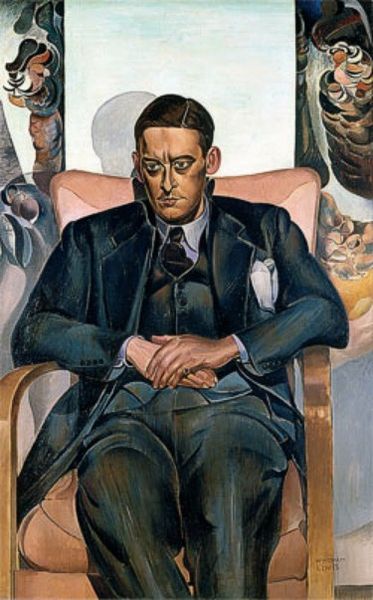
A portrait of T. S. Eliot by Wyndham Lewis (1938)
(The current website Ourenglish.org qualifies as fair use under United States copyright law.)
 
|
   
|
